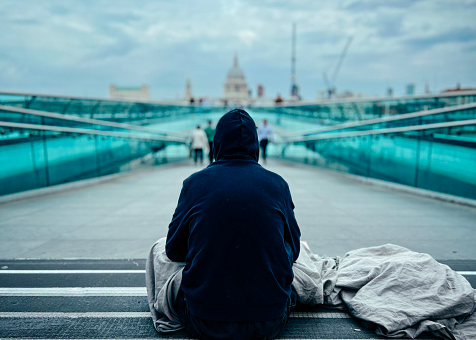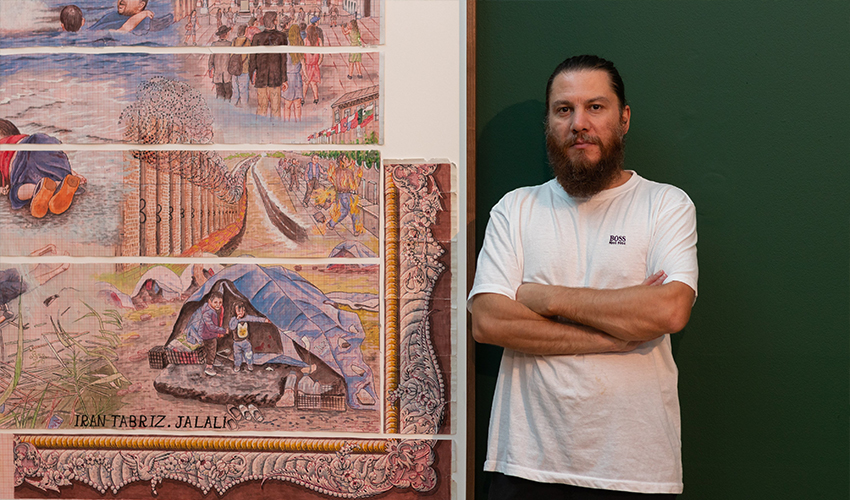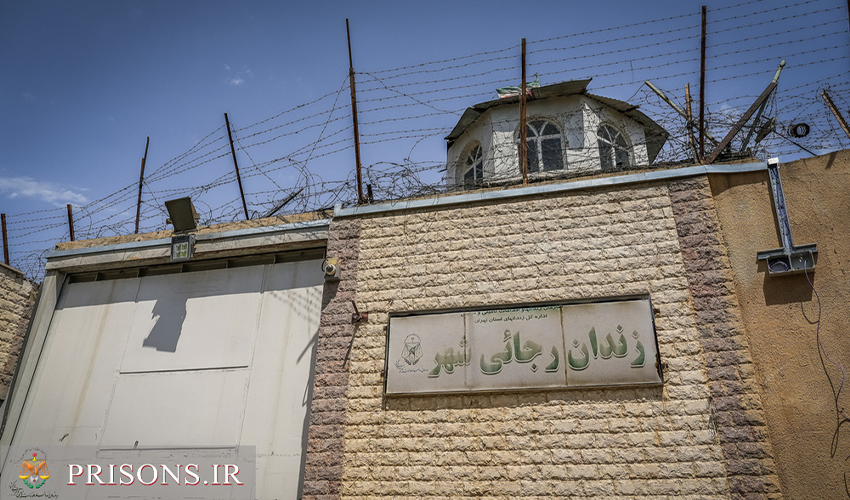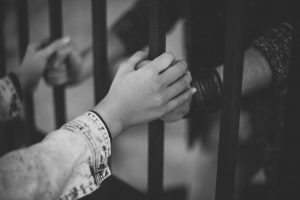
by Steve Dew-Jones | 8 Sep 2023 | Witness Statements
For a summary of Nasrin’s story, you can read our feature article here. Background 1. My name is Nasrin Kiamarzi and I was born in 1981 in Isfahan. I lived in a relatively well-off family, and grew up without any serious family issues. At that time, when most people...

by Steve Dew-Jones | 23 Aug 2023 | Analysis
The director of an organisation that supports refugees in the UK, including Iranian Christians, has spoken to Article18 about the challenges they continue to face, despite Iran recently being added to the list of countries of origin whose asylum claims are...

by Steve Dew-Jones | 10 Aug 2023 | News
A clearer picture is beginning to emerge of the dozens of arrests of Christians that took place over a seven-week period in June and July, across as many as 11 Iranian cities. Article18 previously reported that over 50 Christians had been arrested in the space of...

by Steve Dew-Jones | 9 Aug 2023 | News
A set of three handwoven rugs by an Iranian Christian asylum-seeker are so impressive and significant that they should be displayed in a national museum, according to the director of the art gallery currently exhibiting the works. Mehdi Jalalaghdamian’s rugs, created...

by Steve Dew-Jones | 8 Aug 2023 | News
A notorious prison outside Tehran is set to be demolished in an attempt by the Islamic Republic to destroy evidence of the crimes against humanity committed there, according to Norway-based NGO Iran Human Rights. Thousands of political prisoners were massacred at the...






